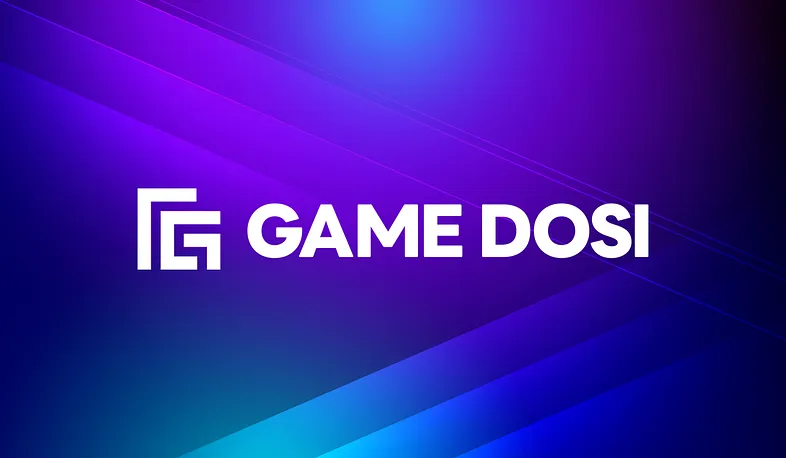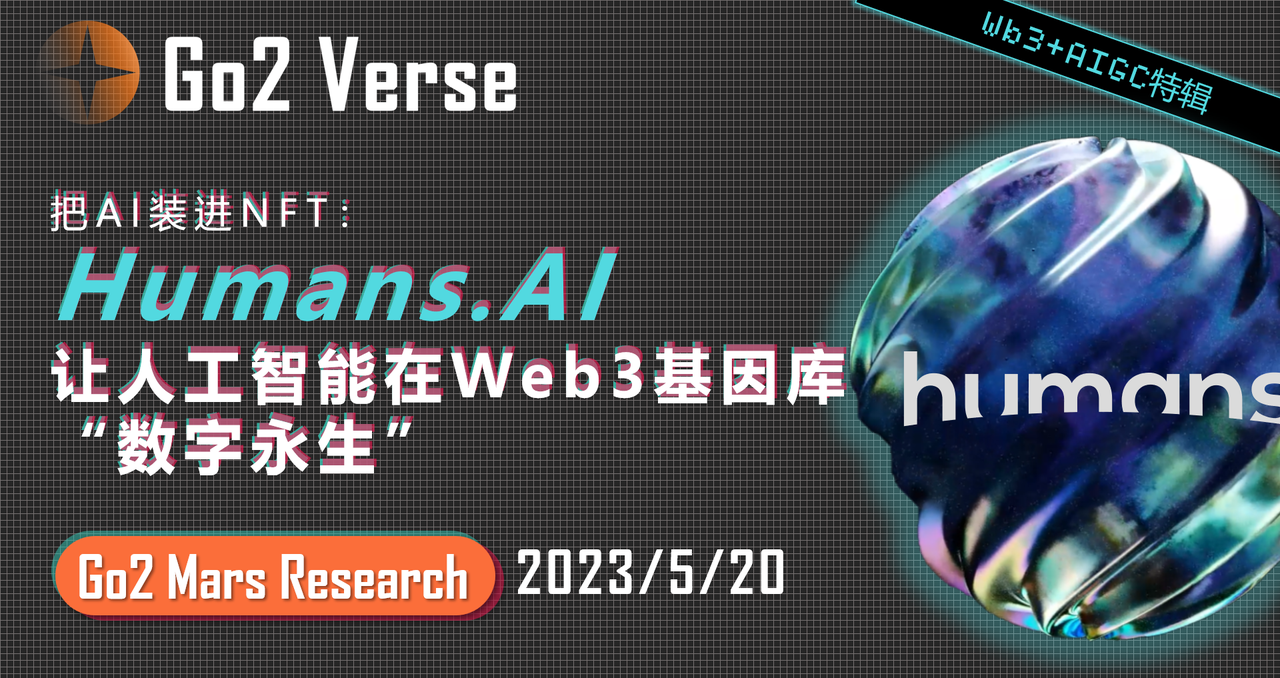Why is regulatory compliance considered the final step in decentralization for blockchain?
Why is regulatory compliance the final step in blockchain decentralization?Author: Mario Laul, Translation: Qianwen, ChainCatcher
The final destination on the road to decentralization is regulatory compliance, that is, to legalize the blockchain industry without sacrificing the founding principles of the project.
One of the main obstacles to the widespread adoption of blockchain and smart contract applications has always been the lack of relevant laws and regulatory status, as well as the endless controversy surrounding them. In order to achieve true innovation, blockchain systems must possess some unique attributes that distinguish them from existing systems and justify the need for specialized regulatory treatment. The cornerstone of this innovation is “sufficient decentralization” – a feature designed to ensure reliability and resilience, even in hostile environments or other challenges. Without this feature, the network or application in question is more easily described as a traditional software project, and therefore more easily classified into existing regulatory categories. Therefore, although the financing, early development, and launch of many blockchain projects are coordinated by a small group of people, “gradual decentralization” is one of their core long-term goals.
- SBF in the eyes of Western mainstream media Watch the BBC documentary ‘The Fall of the Crypto King’ in 5 minutes.
- How does composability enhance the openness of the autonomous world?
- Layer2 is just the beginning, Ethereum will devour all blockchains.
In theory, the final destination on the road to gradual decentralization is regulatory compliance, that is, to legalize the blockchain industry without sacrificing the founding principles of the project. Compliance has been a decisive point of contention throughout the development of the blockchain industry over the past 15 years. The reason why regulatory agencies and industry participants have been unable to reach a clear consensus on this issue is that, on the one hand, the existing regulatory framework is clearly outdated in terms of blockchain technology and the types of organizations it supports. On the other hand, true innovation often intertwines with more traditional structures and practices, which undoubtedly fall under established regulatory requirements. For projects that provide strong guarantees for transaction settlement and minimize central control points and failures, it seems like an impossible task to navigate in both worlds.
This regulatory vacuum cannot last forever. The dynamic between innovation, structural inertia, modifying existing regulations, or enacting new regulations will eventually come to an end. In most cases, the activities of traditional organizations involved in the blockchain industry are governed by the existing laws of the jurisdiction in which the organization is located. The ambiguity mainly concerns novel organizational forms, such as public blockchains, smart contract applications and their distributed token holders and governance communities (decentralized autonomous organizations DAOs), related crypto assets, and emerging on-chain economies that are increasingly merging with traditional systems. The situation varies in different jurisdictions, so it may still take several years to solve this regulatory challenge. However, the solution to this challenge must and will be achieved in the end, paving the way for further institutionalization of the blockchain and making it a “global administrative infrastructure”.
Meanwhile, blockchain-based projects and their supporters will continue to explore the forefront of technological and governance innovation. Some projects may use their unique goals and environments to prove that they have reasons to ignore or stay away from regulatory discussions, while others may actively seek and promote such discussions. Some may come to the conclusion that decentralization is not the right path and return to more mature traditional organizational forms. However, in any case, in order for blockchain and smart contract applications to achieve scale complementarity and competition with existing institutions, it is necessary to formally and clearly establish, operate, and interact with the legal and regulatory requirements needed for these systems. This is an inevitable path.
The paths of gradual decentralization and gradual compliance are not mutually exclusive, and they will eventually intersect. The challenge lies in the fact that although “decentralization” in cryptocurrencies has a widely recognized global definition, regulation is currently, and may continue to be, a matter of national or at least regional concern. Therefore, there is no universal compliance manual, except for the following self-evident principles for everyone:
-
Seek legal advice applicable to specific circumstances;
-
Make every effort to comply with all applicable laws;
-
In controversial or ambiguous areas, strive for balanced regulatory outcomes;
-
Once clear laws/regulations are in place, make every effort to comply with all applicable laws.
However, the most important task at hand is to ensure that the above objectives are not achieved at the expense of sacrificing the freedom to create and maintain open-source technology, nor the basic elements of blockchain value proposition: the public verifiability of information, a lower reliance on subjective human managers (e.g., automation of blockchain technology), and the achievement of power balance between institutions and individuals, leaning towards the latter (self-sovereignty). As long as this is achieved, the unique core of innovation in this industry will remain unchanged, regardless of how it is ultimately regulated by the law.
We will continue to update Blocking; if you have any questions or suggestions, please contact us!
Was this article helpful?
93 out of 132 found this helpful
Related articles
- Li Xiaolai endorses, Luo Yonghao invests, digging into the long-standing story behind Mixin
- Opinion Blockchain with paid usage will never achieve large-scale adoption.
- Comparing the current regulatory status of stablecoins in various countries and looking forward to future policy trends
- Opinion The blockchain industry is transitioning from narrative logic to application logic.
- Innovation of Application Chains Can Mesh Security revitalize the Osmosis ecosystem?
- Understanding Farcaster, the decentralized social network strongly promoted by Vitalik’ OR ‘Understanding Farcaster, the decentralized social network strongly advocated by Vitalik
- Traditional institutions are eager to try, and RWA is finally taking off.






